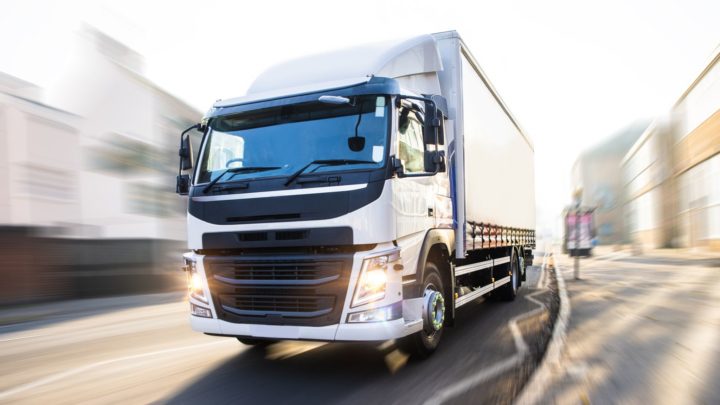
When the Government’s Transport Decarbonisation Plan was published in July 2021, GVN warned of the ‘unintended consequences’ of this proposal which would see carbon neutral biomethane trucks effectively banned in just over 18 years’ time. Now those consequences are set to become reality despite numerous objections from the HGV industry.
“It is deeply disappointing that the DfT have ignored the concerns of many in our industry and cast aside the huge potential of biomethane to decarbonise HGVs. In our response to this proposal, we highlighted the ability of biomethane produced from manure to completely decarbonise HGV fleets, not next decade or in thirty years’ time, but right now. We also pointed out the gamble the DfT is taking in counting on alternatives to diesel which have zero tailpipe emissions being developed, scaled up and commercially viable by 2040,” said Isaac Occhipinti, director of external affairs, GVN said:
Huge rapid investment needed
“Carbon neutral biomethane can be dispensed today from a growing network of specialist refuelling stations, whilst alternatives such as battery electric or fuel cell HGVs are still in the early stages of development. Making them viable for the HGV industry will require huge, rapid investments in new infrastructure, something the DfT don’t seem to have grasped. The fixation on ‘zero tailpipe’ as opposed to the Government’s overarching target of ‘net zero’ is as short-sighted as it is ambiguous.”
“At a time when the HGV industry needs clear policies and the flexibility to reach net zero in a way, which does not disrupt the industry’s ‘just in time’ operation, the DfT is rejecting carbon neutral fuels which are already available. The Government should reverse course by recognising the value of biomethane and the emissions savings it can deliver today.”
